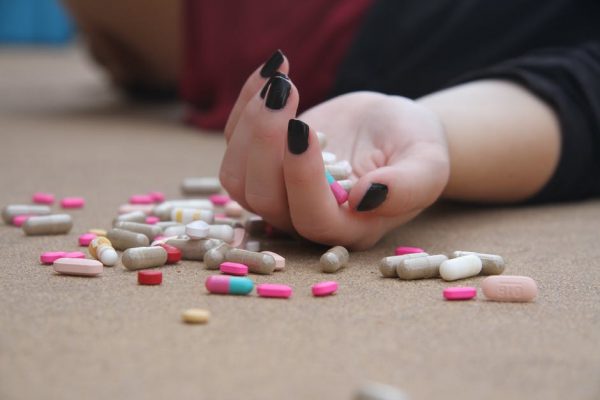In 2016, there were over 20 million people in the US who had substance use addictions within the past year. Do you have a loved one struggling with addiction? If so, you can help them invest in sobriety, starting today.
Your first step is to understand the science behind this disease. Read this helpful guide on understanding how does addiction work. Then you’ll be ready to help your loved one take that first step on the road to recovery.
How Does Addiction Work?
The best place to start understanding how addiction works are to know the science behind the addiction process itself.
Addiction has been compared to other diseases such as heart or lung disease. Diseases change the way our organs naturally perform. Addiction alters our brain circuits and changes how we naturally react to stress, reward, and self-control.
Our human brain is programmed to reward us when we do something satisfying. Eating, exercising and other gratifying behaviors releases neurotransmitters called dopamine. Dopamine not only makes you feel good, but it encourages you to keep doing that activity that brings you so much pleasure.
When you take drugs or alcohol, your brain releases excessive levels of dopamine. Your brain becomes saturated and starts reducing its production in order to stabilize.
As a result, your brain becomes less receptive to pleasure, especially to these other activities that you once enjoyed. Once your brain adjusts this way, you’ll consume more of these substances just to feel normal.
Causes of Addiction
There are many triggers that can activate an addiction. Some of these triggers include:
Genetic Influences
Research shows us that 50–75% of addiction comes from a family history with the disease. Children who grew up with addicts in their home are 8 times more likely to develop addictions of their own.
Environmental Conditions
Growing up in a household where parents or other adults consume alcohol or drugs is another risk factor for future addictions.
Development
Addictions will occur at any age. But people who experiment with drugs and alcohol at younger ages are more likely to become an addict.
Our brains develop very slowly during childhood and adolescence. When substances are introduced at these early ages, they can hinder our brain’s natural growth. You can click here to learn more about how consuming at these early ages can cause long-lasting damage.
Signs/Symptoms of Addiction
Now that you understand the science of addiction, it’s time to learn about its signs and symptoms. You may have, no doubt, noticed these physical or behavioral symptoms in your loved one before.
Physical symptoms of addiction include:
- Slurred speech
- Small or dilated pupils
- Bloodshot eyes
- Body odor; or
- Rapid weight loss or gain.
Some behavioral signs include:
- Lying about the number of substances consumed.
- Doing activities (i.e., swimming, driving) that are unsafe to do while drunk or high
- Consuming more amounts over briefer periods of time to get the same desired effect; or
- Avoiding important activities (i.e., careers, family responsibilities) to recover.
Next Steps
If you have any lingering questions about how does addiction work, consult your doctor. Tell them about your family’s medical history or any other genetic factors you are aware of. They can help you craft a recovery plan immediately.
Help your loved one look for ways to trigger healthier neurotransmitters besides drugs and alcohol. Physical fitness routines are perfect ways to generate those “feel good” dopamine levels.
Don’t forget to check our website for more resources on addiction and recovery. We’re here to help you and your loved one regain their optimal good health.




